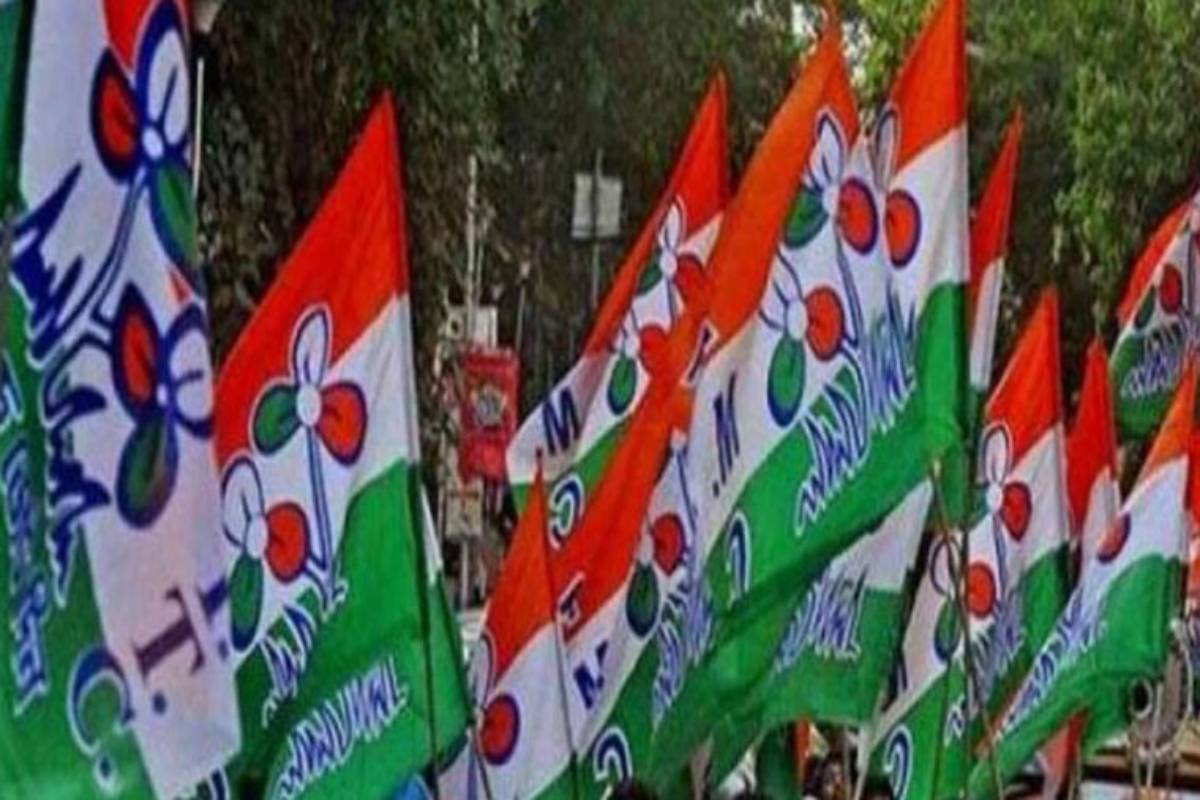If one drives down Gariahat Road, which after a point turns into Raja S.C. Mullick Road, one would pass, to the left, a rather unassuming building. But looks can be deceiving because Dinabandhu Andrews College also boasts a prominent faculty. One name in particular caused considerable buzz earlier this week, especially in political circles, after West Bengal’s ruling Trinamool party declared him as one of its six nominees for the Upper House of Parliament, the Rajya Sabha. That name was that of Professor Samirul Islam, an IITian and chemistry professor, who is also leader of “Banglar Sanskriti Mancha” or The Forum for the Culture of Bengal.
Not among Trinamool’s most visible public faces, Prof. Islam’s nomination did come as a surprise to a few, who were not privy to discussions taking place within the party for weeks. In the speculations leading up to the announcements, the three names that were declared almost sanguine were those of the very vociferous Trinamool spokespersons, Dola Sen, Derek O’Brien and Sukhendu Shekhar Roy. “The role that they played in constantly raising the pitch, demanding clarifications and keeping the issues of importance alive in the Upper House with their regular interjections and questioning made them almost impossible to let go,” said political analyst Tarun Ganguly. Their nominations were not surprising. The new names, other than Professor Islam’s were those of RTI activist, Saket Gokhale and Trinamool’s Alipurduar District president, Prakash Chik Baraik.
Advertisement
The profile of Prof. Islam is an interesting study in understanding the calculated decision to nominate him. The 36-year-old chemistry professor’s credentials include his tireless work among the minorities, migrant labourers and others from the underprivileged group during the Covid-19 pandemic, which has translated into a sizeable support base in several districts, including East and West Bardhaman, Birbhum, Malda and Murshidabad and parts of the North and South 24 Parganas Districts. The fielding of the young candidate from the minority community, it is felt, was meant also to counter the growing influence, in southern Bengal, of the Indian Secular Front and its leader Naushad Siddiqui, who was supposed to significantly “dip” into the nearly 27 percent of the Muslim vote, otherwise considered a Mamata forte. Prof’s Islam’s nomination is expected to throw a spanner in the works for Siddiqui. “In West Bengal, political parties don’t have a chance of a victory unless it has the support of at least a part of that 27 percent minority vote,” veteran politician Chandra Kumar Bose told The Statesman. Bose, part of the Bengal BJP, however, is an advocate of “communal harmony” and he pointed out that political parties who would want to do electorally well in the state would need to adopt it as a principle. Prof Islam’s Bengal forum has not only stood for the idea of communal harmony but it has been involved in agitations against the central government’s moves to introduce NRC and CAA. Before the Assembly elections of 2021, it had been among the groups to have organized the anti-BJP programs including the “No Vote to BJU” campaign, which really caught on on social media especially Facebook and Twitter.
The other two names nominated by Trinamool which until the announcement was made public were not known, were that of Saket Gokhale and Prakash Chik Baraik. Gokhale, an RTI activist, is also extremely active on social media. His criticism of the BJP had reportedly twice landed him in jail. Baraik, from the Rajbanshi community, is from a tea garden area and his nomination is being looked at as a means to try to placate the separatists in the region because Trinamool has ruled out the division of Bengal. Indeed, large parts of electoral land in northern Bengal has gone to the BJP during the Assembly elections of 2021 and Trinamool’s nomination of someone from the Rajbongshi community could be a tactic to try and reclaim lost ground. Tribal groups from the Cooch Behar region, the Koches and of course, the Gorkhas of Darjeeling, who have demanded a separate state based on identity, are likely to sense that they will benefit from having one of their kin on board.
Interestingly the BJP has fielded Anant Maharaj for its Rajya Sabha seat. (The BJP has the percentage of seats in the West Bengal Assembly to qualify for a Rajya Sabha seat while Trinamool can send six members). Maharaj’s nomination has been commented on by Trinamool which says that Anant Maharaj is known to have given equivocal signals to the community as far as the separatist ideas are concerned.











